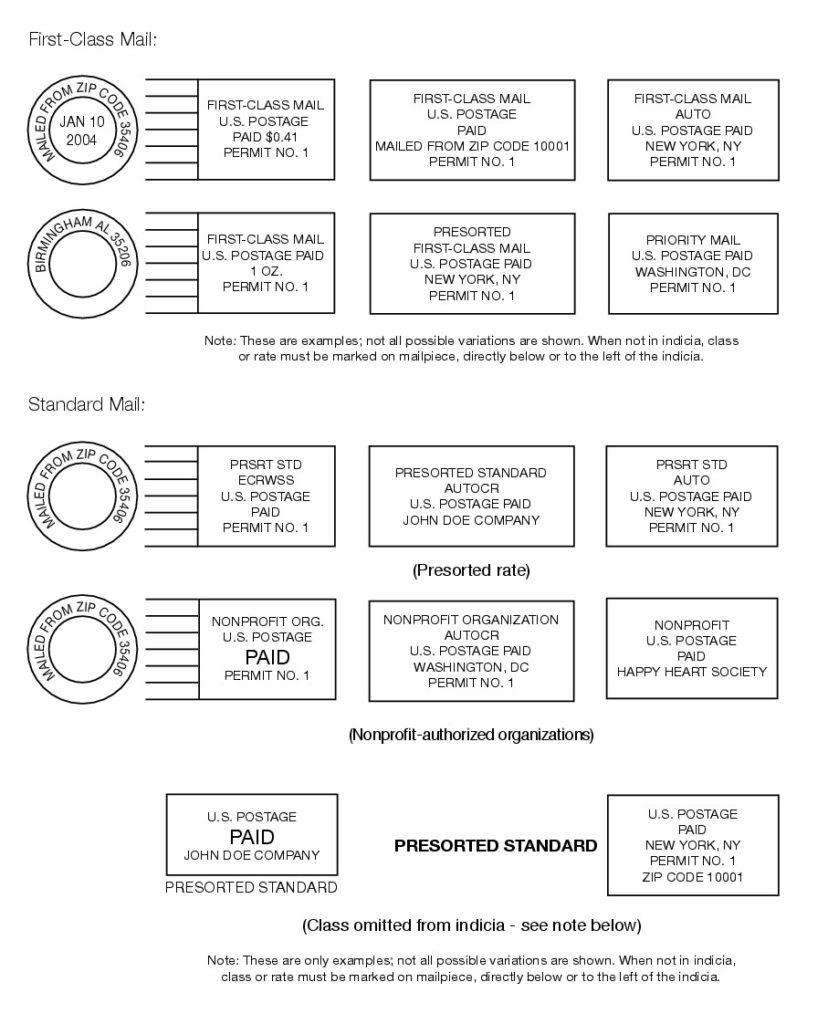In every organization, there are hidden impediments to growth and innovation that often go unchallenged because they are disguised as justifiable excuses. In marketing, where innovation and adaptability are paramount, succumbing to these excuses can be particularly detrimental. This phenomenon is known as the “Wooden Leg” syndrome, where team members use certain constraints as perennial justifications for underperformance or lack of initiative.
What is a ‘Wooden Leg’ in Marketing?
The concept of the “Wooden Leg” originates from Eric Berne MD’s book Games People Play. The term “wooden leg” refers to an excuse that becomes a chronic barrier to performance and innovation. It’s akin to the metaphorical story of a man who blames his unfulfilled life on his wooden leg, using it as an excuse for everything from not pursuing his dreams to failing to secure employment. In a marketing context, “wooden legs” are reasons given for not achieving goals or embracing new strategies, such as budget constraints, team size, market conditions, or the classic “this is how we’ve always done it.”
In some instances, marketing employees attempt to bypass scrutiny from executives who lack a deep understanding of marketing. This behavior could stem from laziness or a disconnection from the company’s mission, signaling a problematic culture within the marketing department. Employees may feel emboldened to exploit this gap in knowledge, presenting unsubstantiated strategies or skewed data as successful outcomes. Such actions not only compromise the integrity of marketing efforts but also undermine the overall strategic objectives of the organization, highlighting a pressing need for cultural realignment and more informed oversight.
Recognizing ‘Wooden Leg’ Arguments
Identifying when a marketing team is using “wooden leg” arguments requires a keen understanding of the difference between legitimate challenges and convenient excuses. These excuses typically manifest in several ways:
- Consistency in Excuses Despite Changing Circumstances: If the same excuses crop up repeatedly, regardless of changes in market dynamics or internal strategies, they likely represent “wooden legs.”
- Lack of Proactive Solutions: When discussions about challenges do not include proactive strategies for overcoming them, it’s probable that the team is settling into excuse-making.
- Blame Shifting: Frequently attributing failures to factors outside one’s control without taking any accountability can also indicate a reliance on “wooden leg” excuses.
- Resistance to Change: A strong indicator of “wooden leg” syndrome is resistance to new ideas or approaches, often underpinned by excuses that emphasize the risks over the potential rewards.
10 Most Common ‘Wooden Leg’ Excuses from the Marketing Department
- Insufficient Budget: “We could achieve much more if only we had a bigger budget.”
- Market Saturation: “Our market is too saturated, making it extremely difficult to stand out or make an impact.”
- Inadequate Resources: “We don’t have enough staff or resources to execute more effective campaigns.”
- Technology Limitations: “Our current technology stack is outdated and limits what we can accomplish.”
- Restrictive Regulations: “Industry regulations restrict our ability to implement more innovative or aggressive strategies.”
- Economic Conditions: “The current economic climate is not conducive to our marketing efforts, and consumers are cutting back on spending.”
- Poor Quality Leads: “The leads generated by sales or external vendors are not of high enough quality for successful conversion.”
- Lack of Time: “We are always under time constraints that prevent us from developing more thorough campaigns.”
- Internal Politics: “Internal politics and differing departmental priorities hinder our ability to execute effectively.”
- Ineffective Collaboration Tools: “We lack the collaboration tools needed for a more cohesive team effort in our campaigns.”
Risks of ‘Wooden Legs’
Allowing “wooden leg” excuses to persist in a marketing department can lead to several risks:
- Stagnation: When excuses become a norm, they stifle creativity and innovation, leading to marketing strategies that are outdated and ineffective.
- Poor Morale: Teams that are bogged down by excuses often experience low morale, as team members feel powerless and disengaged.
- Competitive Disadvantage: In a fast-paced industry, using excuses to avoid innovation or necessary risks can lead to losing ground to competitors who are more agile and proactive.
- Resource Misallocation: Excuses can lead to misallocating precious resources to less effective tactics or strategies, impacting overall business performance.
Moving Forward: Eradicating ‘Wooden Legs’
Addressing “wooden leg” excuses requires a deliberate shift in culture and mindset:
- Encourage Open Dialogue: Cultivate an environment where team members feel safe discussing real challenges without resorting to excuses.
- Foster Accountability: Set clear goals and metrics that focus on outcomes, not activities. Hold team members accountable for results while providing the support needed to achieve them.
- Promote Innovation: Reward initiative and innovative thinking. Encourage team members to propose solutions that challenge the status quo, even if they carry risks.
- Leadership by Example: Leaders should model the behavior they expect, openly discussing their own challenges without resorting to excuses, and demonstrating how they overcome them.
Identifying and addressing “wooden leg” excuses in your marketing department is crucial for fostering a culture of accountability, innovation, and sustained growth. By recognizing these excuses for what they are, leaders can take proactive steps to ensure that their teams are motivated, resourceful, and aligned with the broader goals of the organization.
Conducting a marketing audit with ROI Wire can effectively address and eliminate these “wooden leg” scenarios. Our comprehensive audit process is designed to critically assess and filter out excuses and inefficiencies, shining a light on the real performance of your marketing department. By meticulously evaluating each component of your marketing strategy, from campaign execution to team dynamics and beyond, ROI Wire’s audit will pinpoint areas where accountability needs to be enforced. This ensures that all marketing efforts are genuinely aligned with your business goals, fostering a culture of transparency and diligence.











[…] what is working and what isn’t, fostering a culture of accountability. Teams can no longer hide behind vague metrics or uncertain results; instead, they must own up to each campaign’s performance and learn from […]